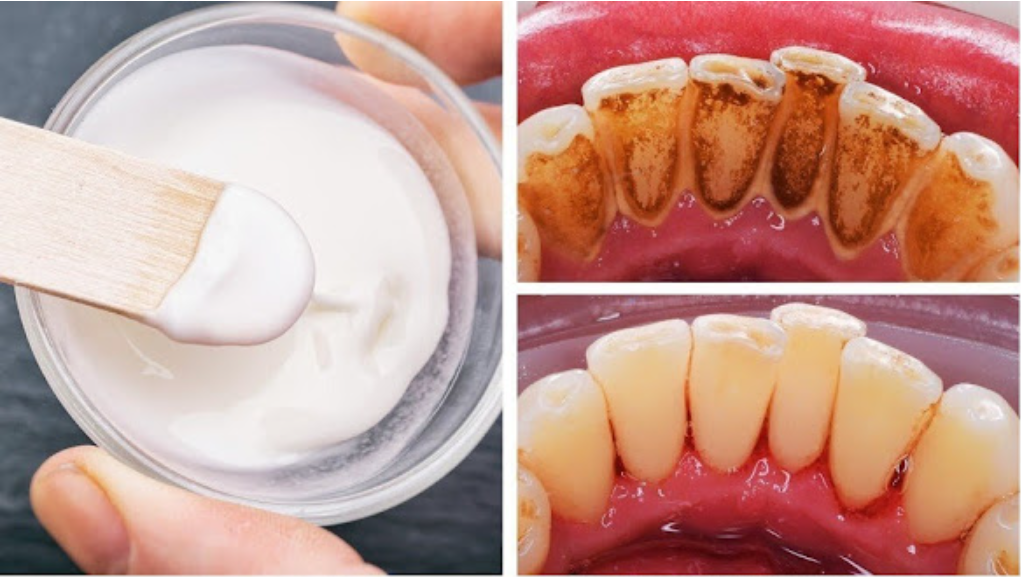The dangers of poor oral health extend beyond cavities and gum disease. Halitosis, or bad breath, can also be caused by neglecting proper dental hygiene. Try holding a conversation while enduring the smell of germs and decay is a realistic fear. Your social relationships and self-confidence could be greatly affected by this undesirable condition.
Is there a way to stop the spread of these germs? You’ll be surprised how easy it is: baking soda. You may be surprised to know that the little white powder you have in your pantry has the ability to greatly improve your dental health. Baking soda, more commonly known as baking soda, is a gentle, all-natural abrasive that works wonders on dental plaque and surface stains.
The concept is this: by creating a paste with water and baking soda, you can brush your teeth with a substance that breaks down plaque and neutralizes the acids that cause cavities. In addition to removing plaque, it helps maintain a healthy pH level in your mouth, making it less attractive to germs that can cause cavities.
Baking soda has several uses, but they are not all of them. It can brighten your smile and remove surface stains thanks to its natural whitening abilities. In addition to protecting against cavities and gum disease, its antimicrobial qualities help prevent harmful germs from multiplying in the mouth. You can even help sores and ulcers in your mouth heal faster with baking soda.
Using baking soda is easy. To make a paste, simply combine a small amount with water. Then, brush your teeth as usual for two minutes using the toothpaste. Rinse your teeth after ten to fifteen minutes of leaving the baking soda paste for better effects. Although baking soda is found in many toothpastes these days, the best results are achieved with pure baking soda. In addition, it is a cheaper and more environmentally friendly substitute for regular toothpaste.
That said, baking soda is not a cure-all on its own. Your dental health is most affected by the diet and habits you choose to follow. For a natural toothbrush, opt for whole, unprocessed foods, such as crunchy, nutrient-dense fruits and vegetables. Other important factors in maintaining good dental health include drinking enough water and chewing your food well.
Obviously, no dental hygiene program is complete without the basics of daily brushing and flossing. Brush for two minutes twice a day and floss once a day, according to the American Dental Association. To keep plaque at bay, change your toothbrush every three to four months.
All your health is reflected in your dental health. Keep your teeth and gums healthy for many years with a combination of a baking soda-based oral care routine, a nutritious diet, and frequent dental exams. Try using baking soda instead of regular toothpaste the next time you brush your teeth; You will be surprised how much better your breathing feels. Take note of the improvements in your smile and self-confidence as you embark on the path to perfect dental health. One healthy meal, one brushing, and one flossing session at a time can lead to a healthier, brighter smile. Let’s start small and work together. It will be beneficial for both your smile and your physique.

